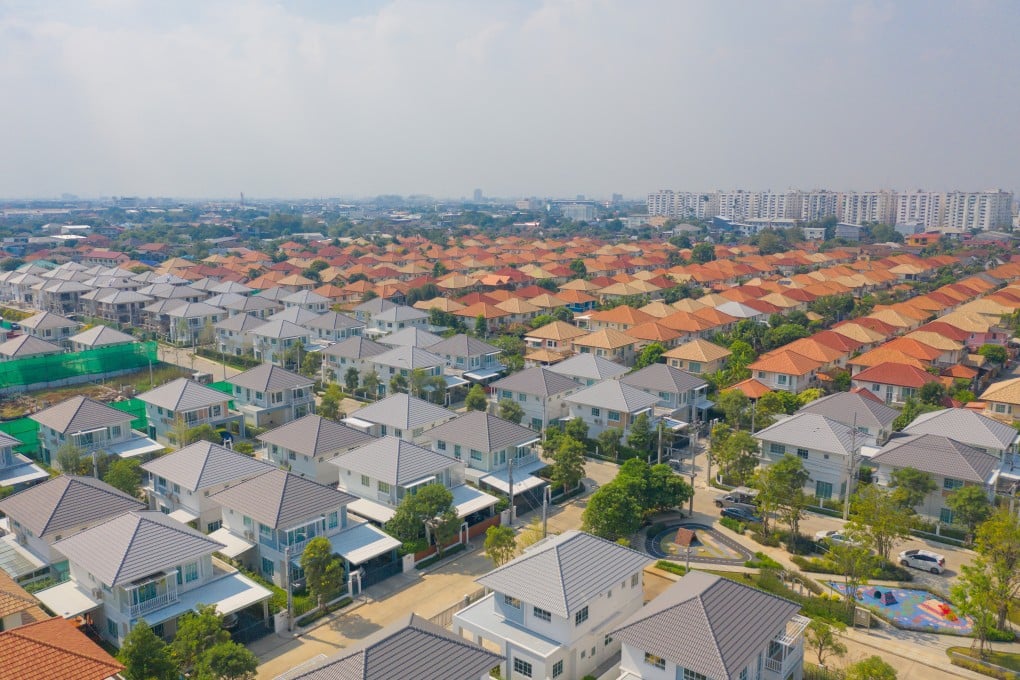Advertisement
The View | Shifts in Asia’s rental markets are less dramatic than they appear
- The shifts in rental markets such as Hong Kong, Singapore and Bangkok have shared themes which need to be put into proper perspective
Reading Time:3 minutes
Why you can trust SCMP

For a sign of the degree to which Asia’s residential rental landscape has changed during the past two years, look no further than a rental property clock produced by JLL that shows where markets sit within their individual rental cycles.
Advertisement
In the first quarter of 2022, average rents were declining in Bangkok and Hong Kong. In several of Australia’s capital cities, by contrast, including Sydney, as well as in Singapore, rental values were increasing.
Fast forward to today and things look very different. Rents are rising in Bangkok and Hong Kong while declining in Singapore. Australia, meanwhile, is experiencing its weakest rental growth in four years, with an outright contraction in Sydney last month.
In a report published by Savills that tracks the performance of 30 prime residential markets around the world, Bangkok was the second-best performing rental market after Dubai in the first half of this year. Singapore, on the other hand, was the worst performer.
Even by the volatile standards of the real estate industry, such a sharp reversal is striking. It is even more remarkable given that all four residential markets exhibit similar trends that are playing out differently. The common themes are affordability, an influx of foreign workers and students and supply-demand dynamics in the housing market.
Advertisement
In Bangkok, the rental market has benefited from a confluence of mainly domestic economic factors stemming from Thailand’s sluggish recovery and concerns about the country’s notoriously high household debt burden that has risen sharply since 2019, making it difficult for the Bank of Thailand to cut interest rates. Political instability has added to worries about financial stability.

Advertisement
